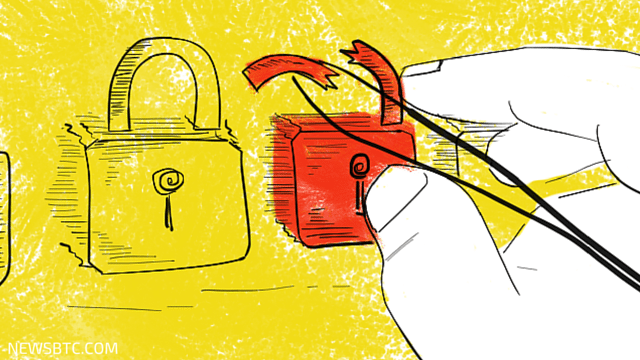Ever since its creation in 2008, anonymous hacking groups have targeted major bitcoin exchanges and wallet platforms such as Bitstamp, successfully retrieving over five million euros worth of bitcoins from user funds and accounts.
Such incidents have followed heavy criticism against bitcoin and its viability as a currency and has played a vital role in the valuation of the currency. Earlier last year for example, the Mt. Gox heist plummeted the price of bitcoin, falling from around US$1,000 to US$200 per coin.
While bitcoin exchange and wallet platforms have been deemed responsible for the theft of millions, organized criminal groups successfully accessed core funds of major banks around the world, including the multi billion dollar bank Bulgarian Levs, which recorded total loss of US$2 billion dollars in 2014.
According to the bank’s statement, the embezzlers hacked its main servers and database over a couple of years, by using a malware to access its desktops and devices located inside the bank. The control of its core technologies allowed the criminals to wipe out the documentation of their crime and the bank’s database records, leaving no trace behind.
Their centralized banking systems with no appropriate back up systems and technological protocols weren’t capable of recovering its lost data. Even with the help of government agencies, cyber crime units and established anti-virus firms, the bank wasn’t able to find evidences to link the criminals to the theft.
Bitcoin enthusiasts and security experts recommend the implementation and integration of the bitcoin blockchain for this very reason. Its decentralized and transparent nature allows banks to maintain secure and cryptographically encrypted records of its transactions and asset settlement with low management costs.
Although a lot of banks are trying to utilize the blockchain technology to enhance its existing banking platforms, all major financial institutions are attempting to deploy their own blockchain networks. Independently launched blockchain networks could become susceptible to data breaches and its low hashing or computing power supporting the network could leave transactions and sensitive data vulnerable to attacks.
